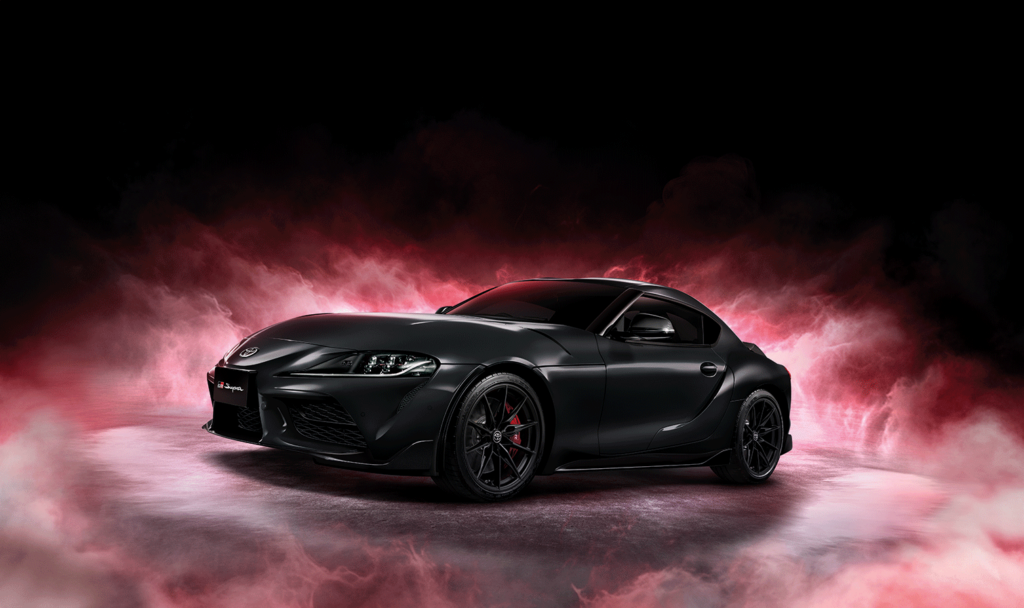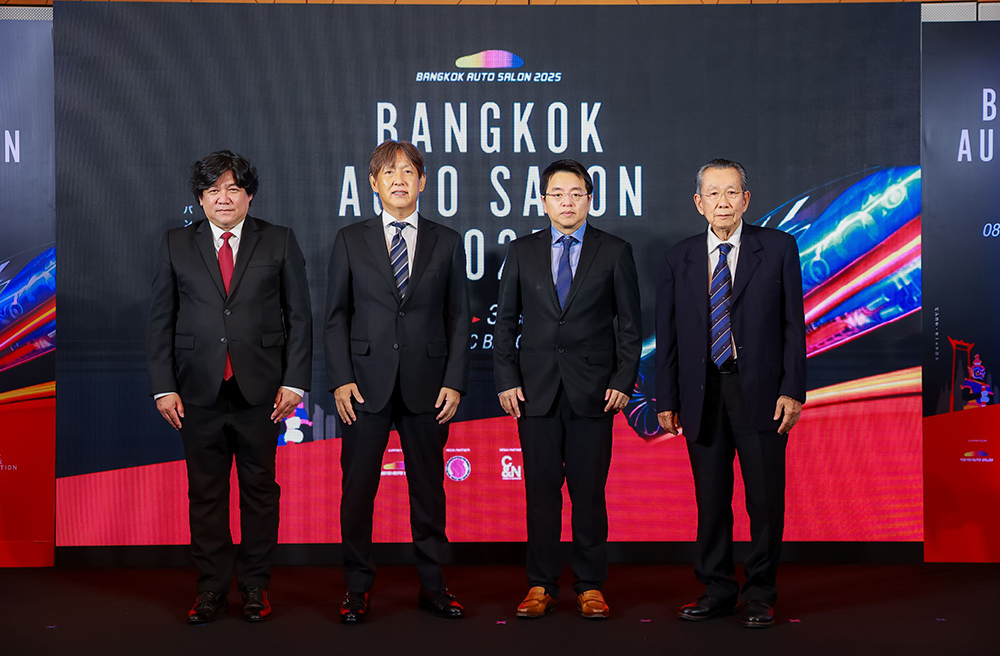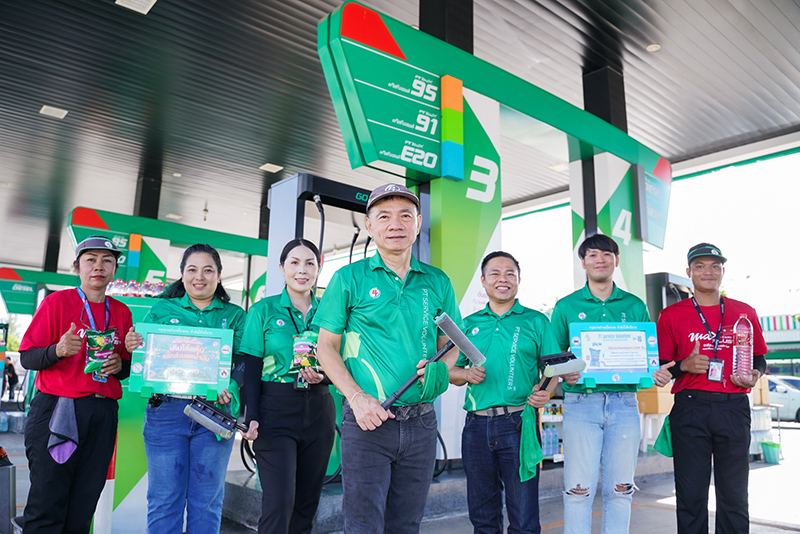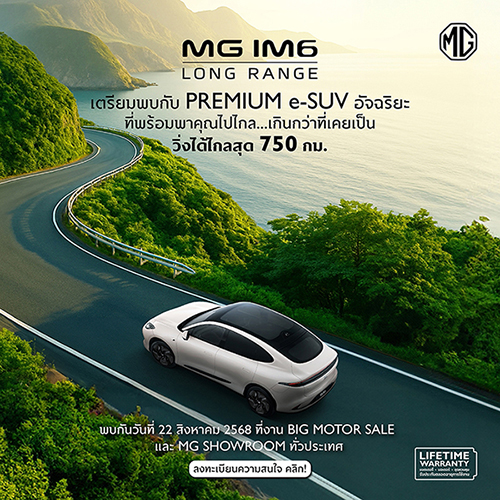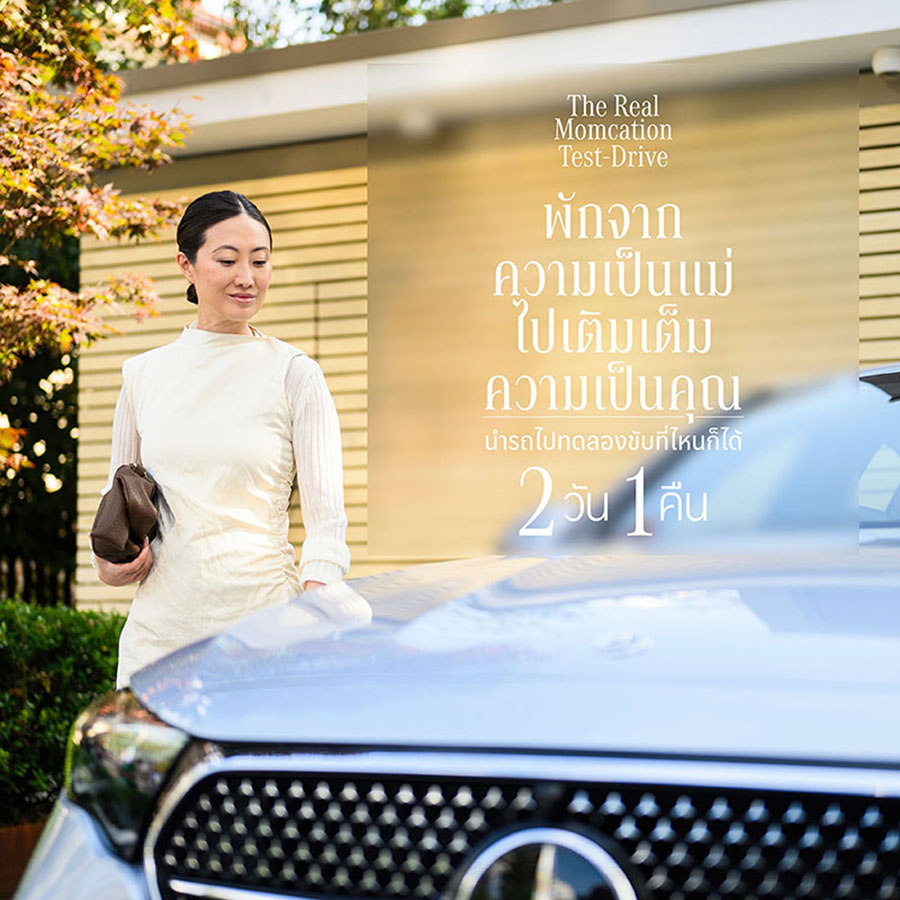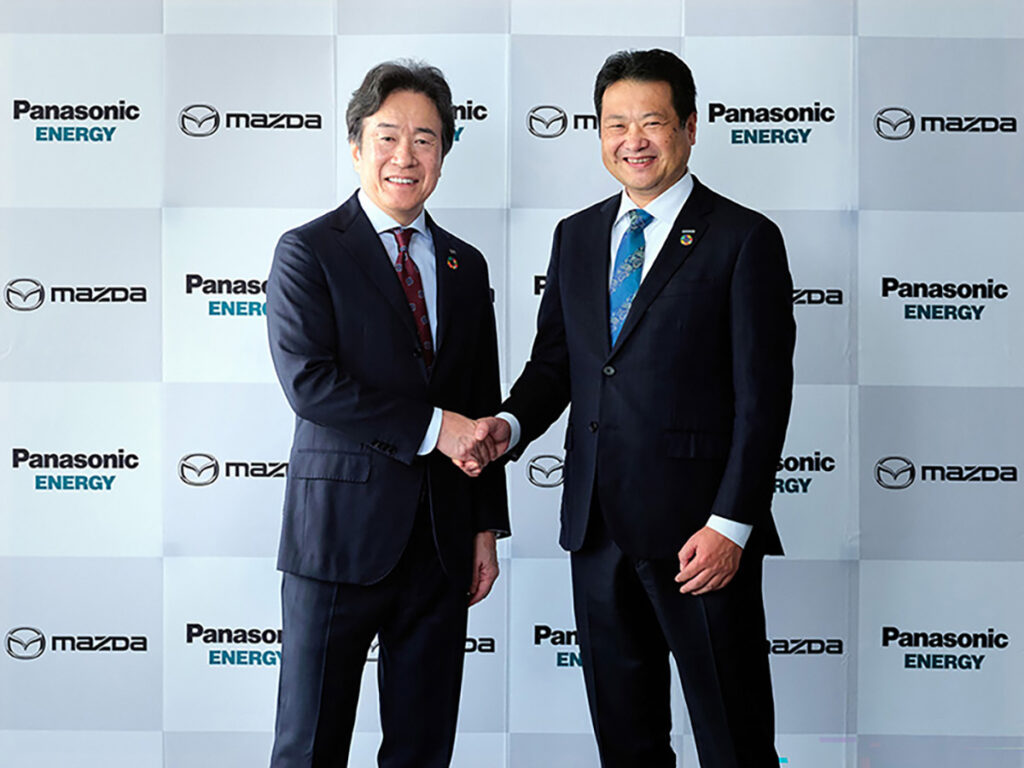
มร. มาซาฮิโระ โมโร่, ประธานและซีอีโอ มาสด้า มอเตอร์ คอร์ปอเรชั่น (ซ้าย)
และ มร. คาซูโอะ ทาดาโนบุ, ประธานและซีอีโอ บริษัท พานาโซนิค เอเนอร์จี จำกัด
โอซาก้า และ ฮิโรชิม่า ประเทศญี่ปุ่น, 6 กันยายน 2567 – บริษัท พานาโซนิค เอเนอร์จี จำกัด ซึ่งเป็นบริษัทในกลุ่มพานาโซนิค และ มาสด้า มอเตอร์ คอร์ปอเรชั่น ได้ออกประกาศในวันนี้ว่า ทั้งสองบริษัทได้เตรียมความพร้อมสำหรับการผลิตแบตเตอรี่ลิเธียม-ไอออน ชนิดรูปทรงกระบอกสำหรับยนตรกรรมแห่งอนาคตในเจเนอเรชั่นถัดไป ซึ่งคาดว่าจะติดตั้งในยานยนต์ไฟฟ้าในอนาคตของมาสด้า (BEVs) โดยมีกำหนดเปิดตัวนับตั้งแต่ปี 2027 เป็นต้นไป ซึ่งการประกาศในครั้งนี้เป็นไปตามข้อตกลงของความร่วมมือก่อนหน้านี้ และสะท้อนถึงความมุ่งมั่นต่อความร่วมมือในระยะกลางถึงระยะยาวของทั้งสองบริษัท ทั้งนี้ กระทรวงเศรษฐกิจ การค้า และอุตสาหกรรม ประเทศญี่ปุ่น ได้อนุมัติโครงการความร่วมของทั้งสองบริษัทในการขยายกำลังการผลิตแบตเตอรี่ และการพัฒนาเทคโนโลยีเป็นที่เรียบร้อยแล้วในวันเดียวกัน ซึ่งเป็นส่วนหนึ่งของแผนการสร้างแหล่งผลิตแบตเตอรี่ที่มั่นคงและยั่งยืนในอนาคต
เพื่อให้สอดคล้องกับวิสัยทัศน์ระยะกลาง Sustainable Zoom-Zoom 2030 เพื่อโลกของเราที่ยังคงความสวยงามตลอดไป เพื่อคุณภาพชีวิตของผู้คนให้มีความสุขยิ่งขึ้น และเพื่อสังคมที่น่าอยู่ตลอดไปมาสด้าได้แบ่งแผนงานการพัฒนาการผลิตยานยนต์พลังงานไฟฟ้าออกเป็นสามเฟส เพื่อให้สามารถตอบสนองต่อการเปลี่ยนแปลงตามกลไกของตลาดและความต้องการของลูกค้า ซึ่งภายในปี 2027 มาสด้าวางแผนเตรียมเปิดตัวรถยนต์ไฟฟ้ารุ่นใหม่ (BEVs) ที่พัฒนาขึ้นจากแพลตฟอร์ม EV ที่ออกแบบเฉพาะขึ้นเป็นครั้งแรก ทั้งนี้ บริษัท พาโนโซนิค เอเนอร์จี จำกัด ตั้งเป้าที่จะเพิ่มกำลังการผลิตและมีแผนที่จะผลิตแบตเตอรี่ลิเธียม-ไอออน ชนิดรูปทรงกระบอกขึ้นที่โรงงาน ซูมิโนเอะ และ คาอิซูกะ ในเมืองโอซาก้า เริ่มตั้งแต่ปี 2027 เป็นต้นไป โดยแบตเตอรี่เหล่านี้จะถูกบรรจุเป็นโมดูลโดยมาสด้า และสำหรับความร่วมมือในครั้งนี้ พานาโซนิค เอเนอร์จี ได้วางกำลังการผลิตในประเทศญี่ปุ่นที่ 10GWh ต่อปี ภายในปี 2030
ทั้งนี้รัฐบาลญี่ปุ่นได้กำหนดให้แบตเตอรี่สำหรับเก็บพลังงานไฟฟ้าเป็นทรัพย์สินเชิงกลยุทธ์ เพื่อบรรลุความเป็นกลางทางคาร์บอนภายในปี 2050 และกำลังมุ่งหน้าขยายห่วงโซ่อุปทานของแบตเตอรี่ภายในประเทศรวมถึงการพัฒนาขีดความสามารถในการแข่งขันของอุตสาหกรรม ด้วยเหตุนี้ จากความร่วมมือระหว่างมาสด้าและพานาโซนิค เอเนอร์จี ในครั้งนี้ จึงถือเป็นการช่วยเสริมสร้างห่วงโซ่อุปทานแบตเตอรี่ลิเธียม-ไอออน ชนิดรูปทรงกระบอกในประเทศ พร้อมทั้งขยายและเสริมสร้างฐานการผลิตของญี่ปุ่นอีกด้วย
โดยทั้งสองบริษัทจะยังคงร่วมมือกันต่อไปเพื่อแก้ไขปัญหาทางสังคม เช่น การบรรเทาผลกระทบจากภาวะโลกร้อน การส่งเสริมการเติบโตอย่างยั่งยืนในภาคอุตสาหกรรมรถยนต์และแบตเตอรี่ การสนับสนุนการจ้างงานในท้องถิ่นและการพัฒนาศักยภาพของบุคลากร
มร. คาซูโอะ ทาดาโนบุ ประธานและซีอีโอ บริษัท พานาโซนิค เอเนอร์จี จำกัด กล่าวว่า “ด้วยความร่วมมือในครั้งนี้ เรามีแนวโน้มที่จะขับเคลื่อนการขยายกำลังการผลิต BEVs และเสริมสร้างความสามารถในการแข่งขันของอุตสาหกรรมแบตเตอรี่ของญี่ปุ่น ซึ่งเป้าหมายสูงสุดของเราคือการสร้างสังคมที่ยั่งยืน และเรามุ่งมั่นที่จะบรรลุพันธกิจนี้”
มร. มาซาฮิโระ โมโร่ ประธานและซีอีโอของมาสด้า กล่าวเสริมว่า “มาสด้ามุ่งมั่นที่จะบรรลุความเป็นกลางทางคาร์บอนและกำลังขับเคลื่อนการเปลี่ยนผ่านไปสู่พลังงานไฟฟ้าด้วยแนวทางที่หลากหลาย เพื่อตอบสนองความต้องการและวิถีชีวิตของลูกค้า เราจะใช้ประโยชน์จากแบตเตอรี่ที่มีประสิทธิภาพสูง มีประสิทธิภาพดี และปลอดภัย ซึ่งจัดหาโดยพานาโซนิค เอเนอร์จี และนำเสนอรถยนต์ไฟฟ้าของมาสด้าที่เอกลักษณ์ และมีความสมดุลระหว่างการออกแบบ ความสะดวกสบาย และระยะทางในการขับขี่เพื่อส่งมอบให้กับลูกค้าของเรา”
อ้างอิง
แผนการจัดหาแบตเตอรี่ลิเธียม-ไอออนที่ได้รับการอนุมัติโดยกระทรวงเศรษฐกิจ การค้า และอุตสาหกรรม ประเทศญี่ปุ่น
รายการที่ผลิต | แบตเตอรี่ลิเธียม-ไอออนรูปทรงกระบอกสำหรับรถยนต์ |
ความสามารถในการผลิต | 6.5 GWh ต่อปี (ตามที่คาดการณ์ไว้ในปี 2030; ส่วนกำลังการผลิตเพิ่มเติม) |
เงินลงทุนทั้งหมด | ประมาณ 83.3 พันล้านเยน |
การสนับสนุนด้านการเงิน | ประมาณ 28.3 พันล้านเยน (สูงสุด) |
กิจกรรม | การจัดตั้งโครงสร้างพื้นฐานการผลิต การแนะนำ พัฒนา และปรับปรุงเทคโนโลยีการผลิต |
ข้อมูลข้างต้นรวมถึงจำนวนเงินลงทุน เงินสนับสนุนของพานาโซนิค เอเนอร์จี ที่เกี่ยวข้องกับการจัดหาอื่น ๆ นอกเหนือจากความร่วมมือนี้
Panasonic Energy and Mazda to Begin Preparation for Supply of Automotive Lithium-ion Batteries Aiming to expand Japan’s battery manufacturing base and accelerate EV adoption
Osaka and Hiroshima, Japan, September 6, 2024 – Panasonic Energy Co., Ltd. (“Panasonic Energy”), a Panasonic Group Company and Mazda Motor Corporation (“Mazda”) today announced that they will prepare for the supply of next-generation cylindrical automotive lithium-ion batteries, in anticipation of their installation in Mazda’s battery electric vehicles (BEVs) that are scheduled to be introduced from 2027 onwards. This follows their formerly concluded agreement and reflects their aim of establishing a medium- to long-term partnership. Japan’s Ministry of Economy, Trade and Industry approved on the same day their joint project for the expansion of battery production and technology development as part of its plan for establishing a stable supply of batteries.
In line with its management policy up to 2030, Mazda is dividing its roadmap into three phases, advancing the production of electric vehicles in response to market changes and customer needs. By 2027, the company plans to introduce a BEV model based on its first dedicated EVplatform. As part of this collaboration, Panasonic Energy aims to increase its production capacity and plans to produce cylindrical lithium-ion batteries at its Suminoe and Kaizuka factories in Osaka from 2027 onwards. These will be module-packaged by Mazda. Panasonic Energy plans to achieve a domestic production capacity of 10GWh annually for this collaboration by 2030.
The Japanese government has positioned storage batteries as a strategic asset for achieving carbon neutrality by 2050, and is working to expand the domestic battery supply chains and improve industrial competitiveness. Through this collaboration, Mazda and Panasonic Energy are poised to help strengthen cylindrical automotive lithium-ion battery domestic supply chains, while also expanding and enhancing Japan’s manufacturing base.
The two companies will continue to work together to address societal challenges such as the mitigation of global warming, promoting sustainable growth within the automotive and battery sectors, supporting local employment, and fostering talent development.
Kazuo Tadanobu, President and CEO of Panasonic Energy, commented, “Through this collaboration, we are poised to drive the expansion of BEV manufacturing and boost the competitiveness of Japan’s battery industry. Our ultimate goal is to foster a sustainable society, and we are dedicated to achieving this mission.”
Added Masahiro Moro, President and CEO of Mazda, “Mazda is committed to achieving carbon neutrality and is driving the transition to electrification through a range of solutions that cater to our customers’ needs and lifestyles. We will make the most of the highly efficient, high-performance, and safe batteries supplied by Panasonic Energy, and deliver distinctive Mazda BEVs to our customers that perfectly balance design, convenience, and driving range.”
Reference
Approved Lithium-ion Battery Supply Plan by the Ministry of Economy, Trade and Industry
Product item | Cylindrical Automotive Lithium-ion Batteries |
Production capacity | 6.5 GWh per year (as of 2030; additional capacity portion) |
Total investment | Approximately 83.3 billion yen |
Subsidy | Approximately 28.3 billion yen (maximum) |
Activities | Establishment of production infrastructure, introduction, development, and improvement of production technology |
The above includes the amount of Panasonic Energy’s investment/subsidy related to supply other than this partnership.


